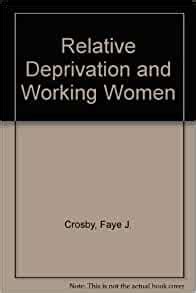A Quote by Marcus Tullius Cicero
I do not understand what the man who is happy wants in order to be happier.
Related Quotes
Everything that I think that I need to do, is all in order to propel me to some place, that when I get there I think I will be happier. So, everything that I am doing, no matter what it is, all of my lists of rights and wrongs, are all about me getting to a manifestation, that I believe I will then be happier... So why don't I just take the short cut and just be happy?
Here's what I think I'm having trouble with: this is what happiness is. When I was a kid, I thought I'd just get happier and happier as I got older, and have more things to be happy about. I based this theory on observation of select adults. The problem with my results is that I couldn't tell the difference then between happy and fake-happy. Now I know you pretend to be just frigging ecstatic over everything, maybe because you're so glad it's not worse.
We can make this a more peaceful century if we cherish non-violence and concern for others’ well-being. It is possible. If the individual is happier, his or her family is happier; if families are happy, neighborhoods and nations will be happy. By transforming ourselves we can change our human way of life and make this a century of compassion.
When men and women across the country reported how happy they felt, researchers found that jugglers were happier than others. By and large, the more roles, the greater the happiness. Parents were happier than nonparents, and workers were happier than nonworkers. Married people were much happier than unmarried people. Married people were generally at the top of the emotional totem pole.
In the room, when I'm playing SpongeBob, I'm optimistic and I'm happy, and I smile in the face of those who are upset in order to make them happier. You know, there's this overwhelming optimism. And I've been lucky enough to have that become a part of my life. I like to think that it's influenced me.
Does a soldier go to war in order to kill the enemy? no, he goes in order to die for his country. Does a wife want to show her husband how happy she is? no, she wants him to see how she suffers in order to make him happy Does the husband go to work thinking he will find personal fulfillment there? no, he is giving his sweat and tears for the good of the family And so it goes on: sons give up their dreams to please their parents, parents give up their lives in order to please their children; pain and suffering are used to justify the one thing that should bring only LOVE.












































